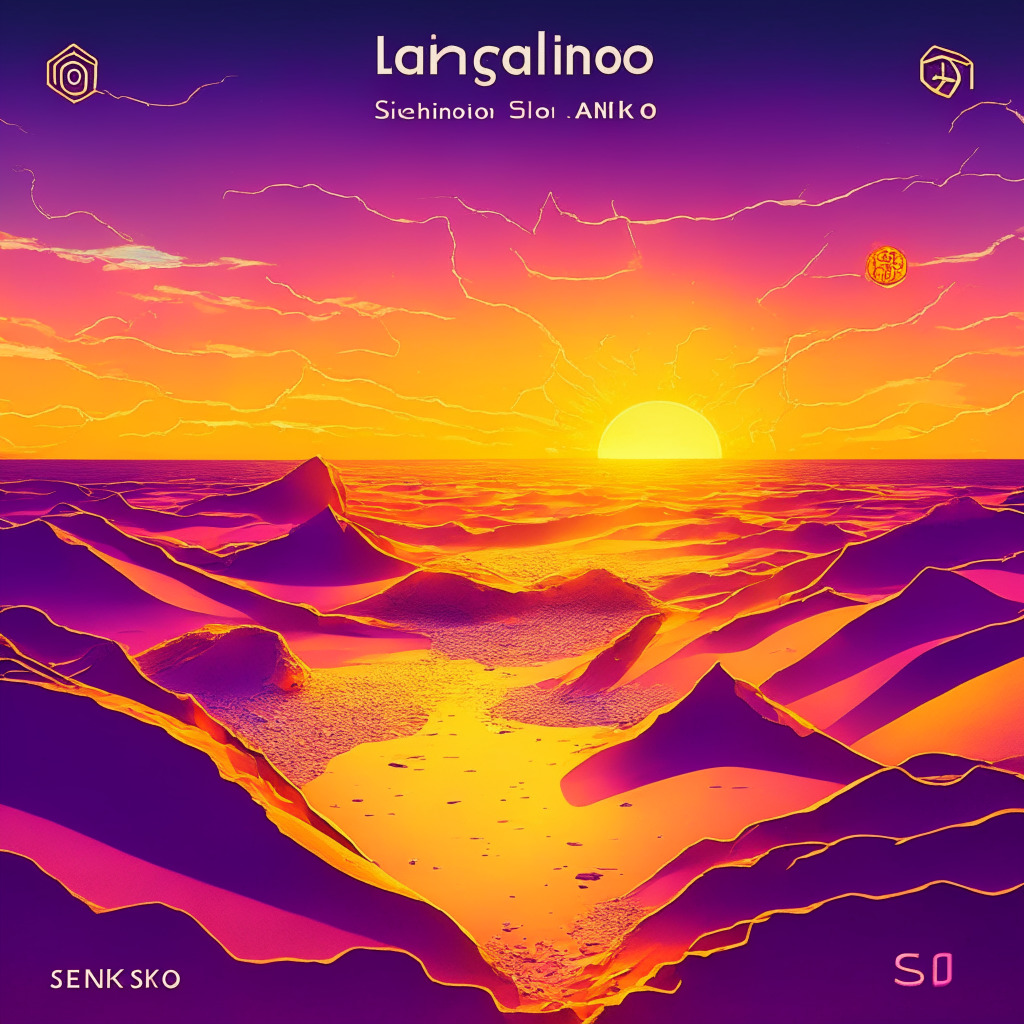The future of blockchain technology has been a hot topic in the tech world, and as we continue to witness rapid growth and adoption, it’s hard not to wonder how this futuristic technology will impact our daily lives. Blockchain has been touted as the foundation for a decentralized economy, with potential applications in a wide range of sectors, including finance, supply chain, real estate, and even identity management. Yet, despite the numerous potential benefits blockchain espouses, there’s a certain degree of skepticism that lingers around this revolutionary technology.
One facet of blockchain often heralded by enthusiasts is the immutable nature of distributed ledger technology. This means that once a transaction has been recorded on the blockchain, it cannot be altered or tampered with. Such a characteristic is particularly advantageous in the context of financial markets and other industries where trust is paramount. On top of that, blockchain allows for increased efficiency, as transactions can be processed faster than traditional methods.
In the realm of cryptocurrencies, these benefits have attracted the attention of many, including celebrities such as Elon Musk. Recently, increased institutional interest in BTC and other cryptocurrencies have also begun to take hold, prompting many to believe that mainstream adoption is just around the corner.
However, some may argue that the technology is still in its nascent stages, and the potential drawbacks cannot be overlooked. One glaring concern revolves around the environmental impact of blockchain technology, particularly in relation to cryptocurrencies such as BTC that rely on energy-intensive mining activities. This worry is compounded by incidents where electricity usage has surged drastically in regions with concentrated mining operations, leading to a negative impact on local communities.
Another argument thrown into the mix is the potential for centralization of power. While blockchain technology in itself is decentralized, proponents of this viewpoint argue that the platforms and companies which control access to and utilization of blockchain technology could amass significant influence over the market. For instance, major cryptocurrency exchanges like Binance wield considerable sway, and some have voiced concerns about the possibility of monopolization or manipulation.
Lastly, as with any new and disruptive technology, there is the issue of regulatory uncertainties. Government bodies around the world are grappling with the complexities of regulating blockchain, and there is still no global consensus on how to best approach the matter. This uncertainty may hinder the widespread adoption of blockchain and deter established businesses from fully embracing it.
In conclusion, the future of blockchain technology is both exciting and unpredictable. While the technology has shown immense promise in various sectors and has the potential to reshape our world, skepticism and challenges are not to be discounted. Ultimately, it remains to be seen how the potential benefits and drawbacks will balance out as blockchain technology continues to evolve and mature. As we pay witness to this unfolding technological revolution, it will be crucial to remain open-minded and vigilant about both the potential rewards and pitfalls that lie ahead.
Source: Coingape




